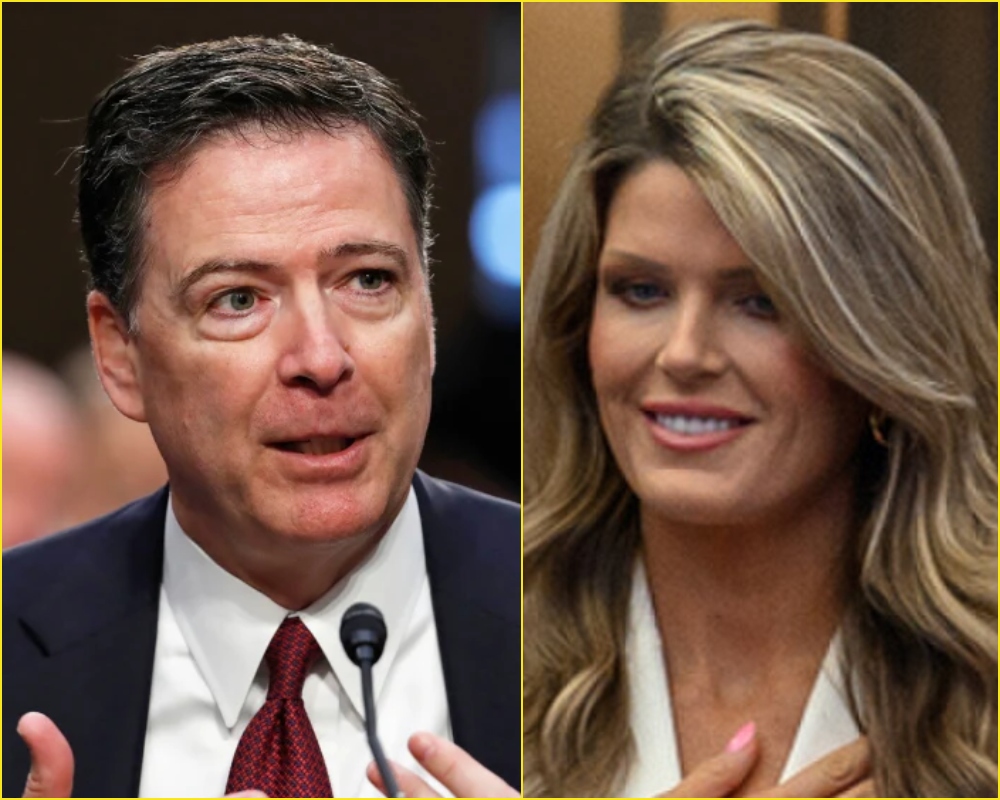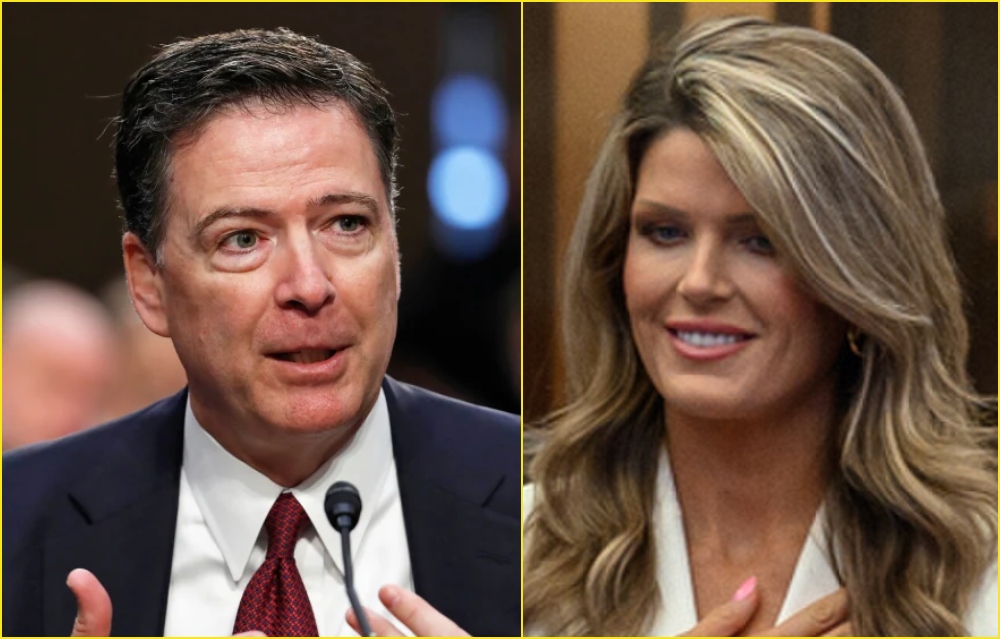A federal magistrate judge has sharply questioned the integrity of the Justice Department’s criminal case against former FBI Director James B. Comey, warning that alleged prosecutorial missteps may be serious enough to unravel the entire prosecution.
In a striking 24-page order, Judge William E. Fitzpatrick said the indictment—brought by Lindsey Halligan, a little-known prosecutor personally selected by former President Donald Trump to handle the case—may have been built on “fundamental and highly prejudicial” legal errors made during her solo appearance before the grand jury.
The judge’s rebuke is unusual not only for its tone but for the remedy he imposed: he ordered prosecutors to turn over the very grand jury materials used to indict Comey—an extraordinary step in American criminal procedure, where grand jury secrecy is typically ironclad.

Fitzpatrick said the disclosure was necessary for one reason: the possibility of government misconduct.
According to the ruling, Halligan misstated key aspects of the law when she sought charges accusing Comey of lying to and obstructing Congress in 2020. The errors were significant enough, the judge wrote, to potentially mislead the grand jury about the legal framework governing the alleged offenses.
Compounding the problem, the judge noted that the materials provided for his review this month appeared incomplete and “likely do not reflect the full proceedings.” That discrepancy raised further alarms about whether the grand jury had been properly guided—or even fully informed—during the charging process.
“The government’s actions in this case — whether purposeful, reckless or negligent — raise genuine issues of misconduct,” Fitzpatrick wrote, warning that these failures “deserve to be fully explored by the defense.”
For Comey’s legal team, the ruling opens a path rarely granted to defendants: a chance to scrutinize how the government built its case from the inside out. Their review is expected to focus on both Halligan’s conduct and that of the FBI agent who testified before the grand jury.
The implications extend far beyond one criminal case. If the judge ultimately finds that the indictment was tainted by misinformation or procedural shortcuts, the charges could be tossed entirely—a high-stakes embarrassment for a Justice Department already under political scrutiny.
For a matter already steeped in years of partisan tension, Fitzpatrick’s ruling underscores an uncomfortable truth: even in the nation’s most sensitive cases, the basic mechanics of justice hinge on competence, candor, and process. When those falter, the entire structure wobbles.
The DOJ now faces a choice—defend the integrity of its process or confront the possibility that its own missteps imperiled a prosecution it aggressively pursued. Either way, Monday’s ruling ensures this case won’t be quietly resolved.

